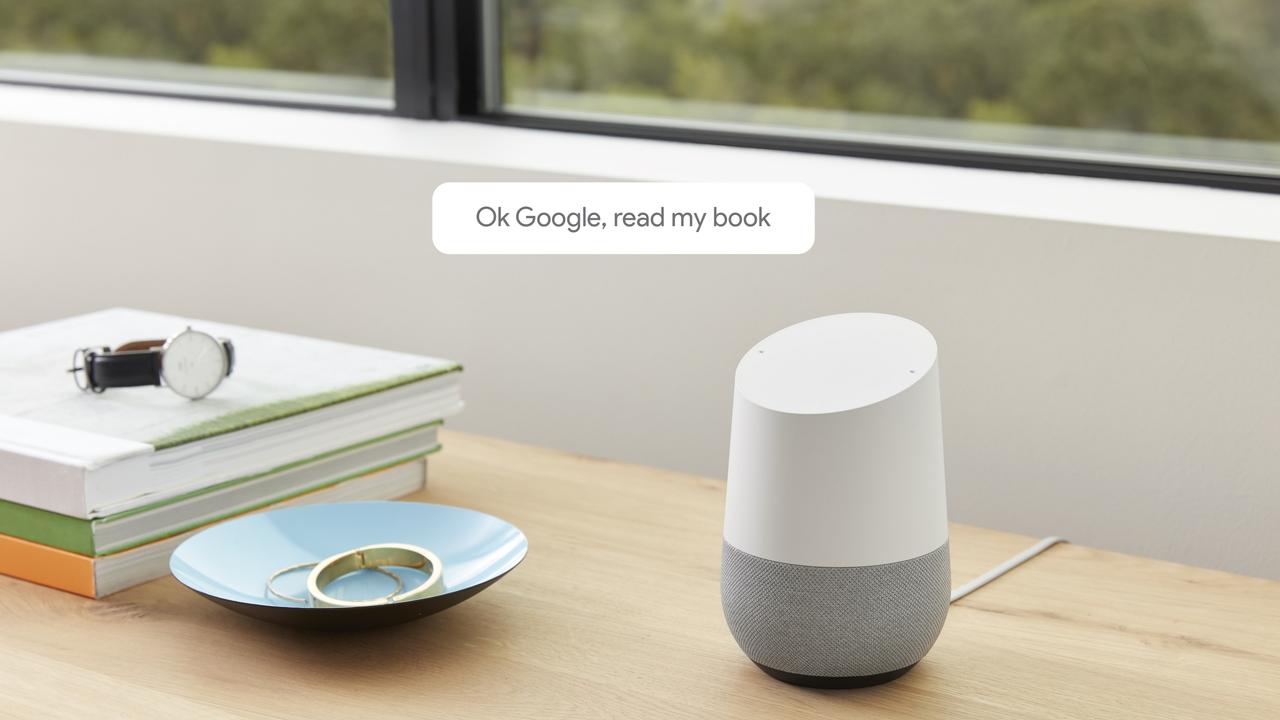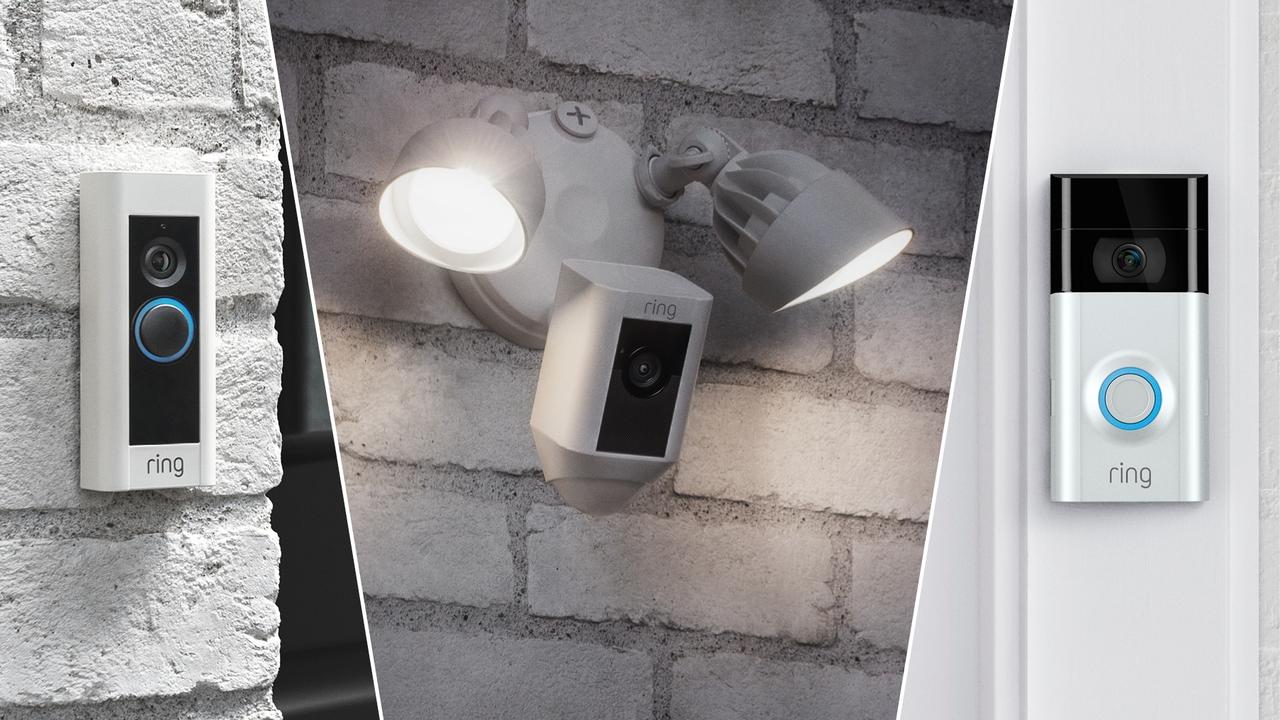Apple, Google, Amazon to work together on smart home protocols
There’s a new reason to avoid buying smart home devices this Christmas, and privacy concerns have nothing to do with it.
If you’re thinking of buying some fancy new smart home devices this Christmas and New Year period, you might want to think again.
Probably the biggest problem with the connected home sector is about to be fixed.
Smart home technology like digital voice assistants (such as Google Assistant and Amazon Alexa), smart lights, thermostats, security cameras, and pretty much anything else you can put a chip in, are supposed to make our lives even easier than they already are.
The sector is becoming more and more popular as companies compete for dominance, but this quest for singular supremacy is currently causing problems for everyone, as businesses and consumers alike are left frustrated by janky compatibility issues.

That’s why companies like Apple, Google, Amazon, Samsung, and even IKEA are working together on a new standard protocol to make the smart home easier.
A new working group, Project Connected Home over IP (Project CHIP) seeks to simplify the development process for smart home devices, and ensure the consumers who buy these devices will be able to easily use them.
At the moment, there is no standard protocol for how smart devices should communicate with one another, meaning companies can restrict their smart home technology from working with a rival’s.
This is a pain for consumers as many take modular approaches to connecting their home.
They might buy or be given (either as a gift from a friend or a hopeful introduction to the platform by tech companies) a smart speaker, but find it doesn’t work properly with smart lights, locks, or blinds purchased at a later date.

Figuring out whether things will work can prove a challenging and confusing process.
Project CHIP wants to solve that by making all of the devices work together, forcing companies to compete the old-fashioned way: on the strength of their brand, design and manufacturing quality, rather than the proprietary razor-and-blade approach we’ve seen to a degree so far.
It will also get rid of add-on annoyances, such as the old Philips Hue hub, which used to be required to get its popular and expensive smart lights to work.
Security will also be a key focus of the new standards, which could put Amazon in an uncomfortable position.
The issue has been thrown in the spotlight recently by several instances of its Ring cameras being hacked.

In one particularly creepy incident, a hacker took control of a Ring camera in a young girl’s bedroom, spying on her and telling her to destroy the television on her dresser.
Ring and other smart cameras, particularly doorbell cameras that face onto the street, are also prompting mass surveillance concerns in the US, where the devices are more popular.
Amazon has partnerships with more than 600 law enforcement agencies around the US, the exact details of which aren’t public knowledge.
Little is known at this stage on what the new standards will look like.
So far, all we’ve been told is that the standards will require devices to communicate over Internet Protocol (i.e. the internet) by granting each device an IP address
Devices would also have to support Wi-Fi, Bluetooth, and an existing protocol called Thread.
Amazon, Google, and Apple have all said they’re “committed to continue support for consumers and their existing products”.
They also said their digital voice assistants and smart speakers weren’t eavesdropping on our private conversations, which several reports this year revealed was not really true.
In any case, if you haven’t already invested in smart home technology, putting the decision off for another year or so might be your best move.
Have you connected your home? Let us know what you think in the comments below.



